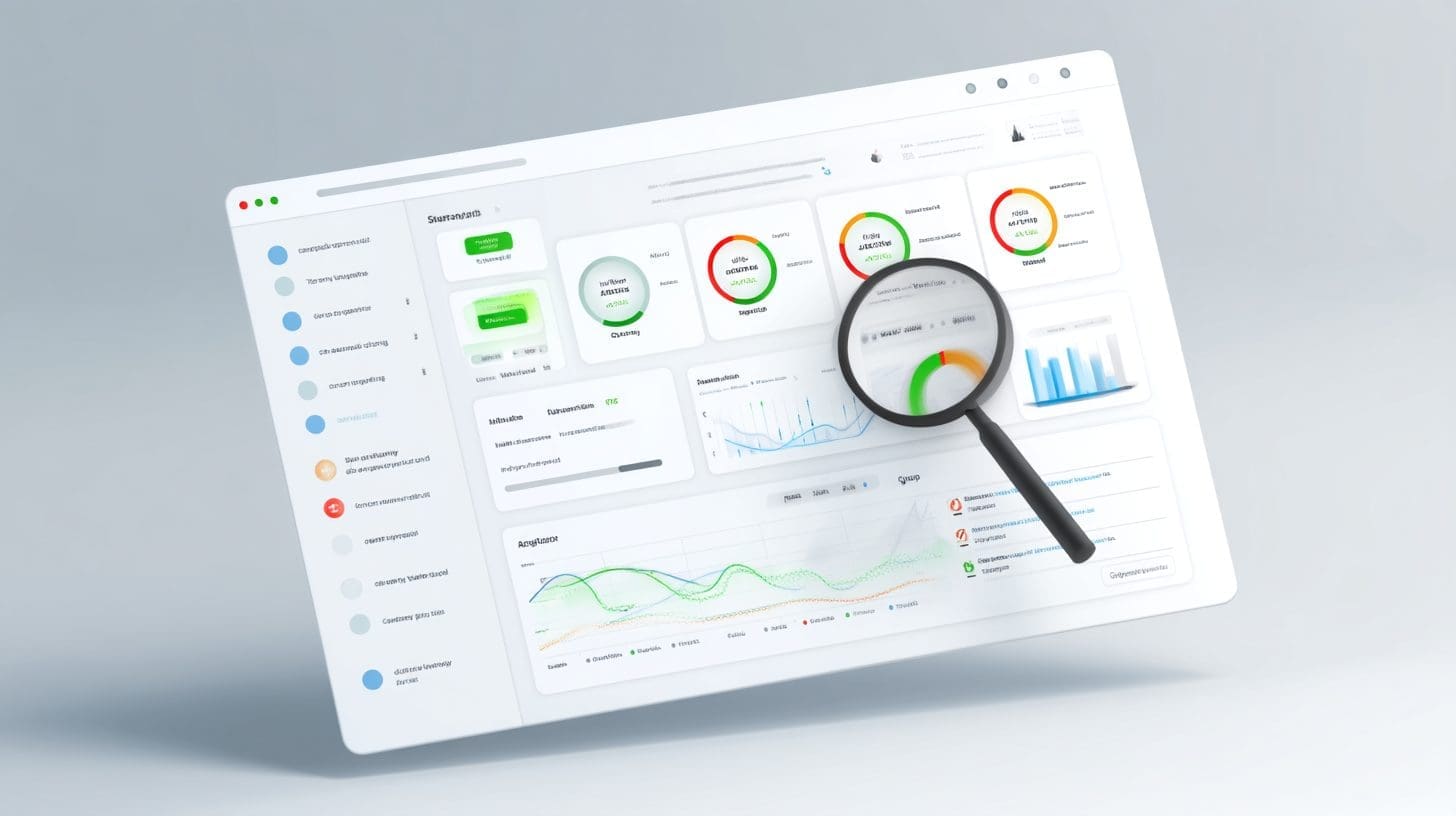Introduction
In an ever-evolving digital landscape, understanding the subtleties of seo (SEO) is important for any company aiming to grow online. But here's a pushing concern: Are you asking the right SEO audit questions? This short article intends to provide a detailed list that will not just enhance your understanding of SEO audits but likewise catalyze your digital growth.
What Is an SEO Audit?
An SEO audit is an extensive assessment of a website's efficiency in regard to its seo. It incorporates numerous elements consisting of technical elements, on-page and off-page elements, and user experience. The objective? To determine weaknesses and opportunities for improvement.
Why Are SEO Audits Important?
You might question, why should you invest time and resources into carrying out an SEO audit? Well, here are some engaging reasons:
Identify Issues: Finding issues early can conserve you from costly repercussions down the line. Optimize Performance: Regular audits aid guarantee that your website remains enhanced for search engines. Stay Competitive: The digital marketplace is aggressive; staying ahead of your competitors requires routine assessments.Are You Asking the Right SEO Audit Questions? A List for Digital Growth
When conducting an SEO audit, asking the right questions is vital. Here's a comprehensive list to guide you through this crucial process:
1. What Are My Current Rankings?
Understanding where you stand in search engine results pages (SERPs) sets the stage for improvement.
- Why It Matters: Understanding your rankings helps identify which keywords need attention. How to Measure: Use tools like Google Search Console or SEMrush to track your keyword positions.
2. Is My Website Mobile-Friendly?
With over half of all web traffic coming from mobile devices, guaranteeing your site is enhanced for mobile is a must.
- Test Your Site: Make use of Google's Mobile-Friendly Test Tool to examine your site's compatibility. Key Considerations: Assess load times, navigation ease, and overall user experience on mobile devices.
3. How Quick Does My Site Load?
Page speed straight affects user experience and search rankings.
- Measurement Tools: Tools like GTmetrix or Google PageSpeed Insights can provide insights into your filling times. Improvement Strategies: Enhance images, leverage internet browser caching, and think about content shipment networks (CDNs).
4. Is My Content Pertinent and High Quality?
Content is king-- ensuring it resonates with your audience is fundamental.
- Content Audit: Review existing material for significance, quality, and engagement metrics. User Intent: Line up material with what users are searching for; consider upgrading or eliminating outdated articles.
5. Are My Meta Tags Optimized?
Meta titles and descriptions play a vital role in click-through rates (CTR).
- Best Practices: Make sure each page has distinct meta tags that integrate targeted keywords while being attracting enough to encourage clicks.
|Meta Aspect|Finest Practice|| --------------|------------------------------------|| Title|50-- 60 characters; consist of keywords|| Description|150-- 160 characters; clear CTA|
6. Do I Have a Sitemap?
A well-structured sitemap helps online search engine crawl your site more effectively.
- Creating a Sitemap: Usage plugins like Yoast for WordPress websites or XML-sitemaps. com for other platforms.
7. Am I Implementing Proper Internal Linking?
Go hereInternal links assist develop site architecture and disperse page authority throughout your website.
- Linking Strategy: Goal to link pertinent pages together naturally within content; avoid extreme connecting which can appear spammy.
8. Are There Broken Links on My Site?
Broken links can damage user experience and harm your site's credibility in search engines.
- Audit Tools: Usage tools like Ahrefs or Screaming Frog to identify broken links swiftly.
9. What Does My Backlink Profile Look Like?
A robust backlink profile contributes substantially to domain authority.
- Assessing Backlinks: Inspect the quality and amount of backlinks pointing to your site utilizing tools like Moz or SEMrush.
10. Am I Engaging on Social Network Platforms?
Social signals can indirectly affect SEO efficiency by driving traffic and engagement.
- Social Media Strategy: Routinely post high-quality material throughout platforms relevant to your audience to promote engagement.
FAQ Section
Q1: What are SEO audit questions?
A1: These are inquiries created to assess various elements of a site's SEO performance, ranging from technical elements to content quality and user experience.

Q2: Why is it essential to carry out routine SEO audits?
A2: Regular audits enable you to find problems early, optimize efficiency constantly, and keep up with competitive patterns in the digital marketplace.
Q3: How often ought to I perform an SEO audit?
A3: Preferably, perform an audit a minimum of as soon as every six months but consider quarterly reviews if you're regularly upgrading material or experiencing ranking Site SEO audit services by Digitaleer fluctuations.
Q4: Can I perform an SEO audit myself?
A4: Absolutely! While expert services use depth, many tools permit people to carry out reliable DIY audits with some basic understanding of SEO principles.
Q5: What tools are best for carrying out an SEO audit?
A5: Popular tools include Google Analytics, SEMrush, Ahrefs, Moz Pro, Screaming Frog, and Google Browse Console among others.
Q6: How do I repair issues found throughout my SEO audit?
A6: Start by focusing on issues based on their impact on performance; deal with high-priority products first before moving down the list of findings.
Conclusion
To sum everything up-- performing regular SEO audits by asking the best questions can be transformative for any digital strategy! By following this checklist entitled "Are You Asking the Right SEO Audit Questions? A List for Digital Development," you're setting yourself up for success in accomplishing sustainable development online.
So next time you take a seat for an audit session-- make sure you're equipped with these essential questions! It's not just about identifying problems but likewise about taking opportunities that drive traffic and conversions in today's competitive landscape!
By embracing this proactive approach towards auditing not only enhances your exposure but creates enduring relationships with users who find worth in what you need to offer!